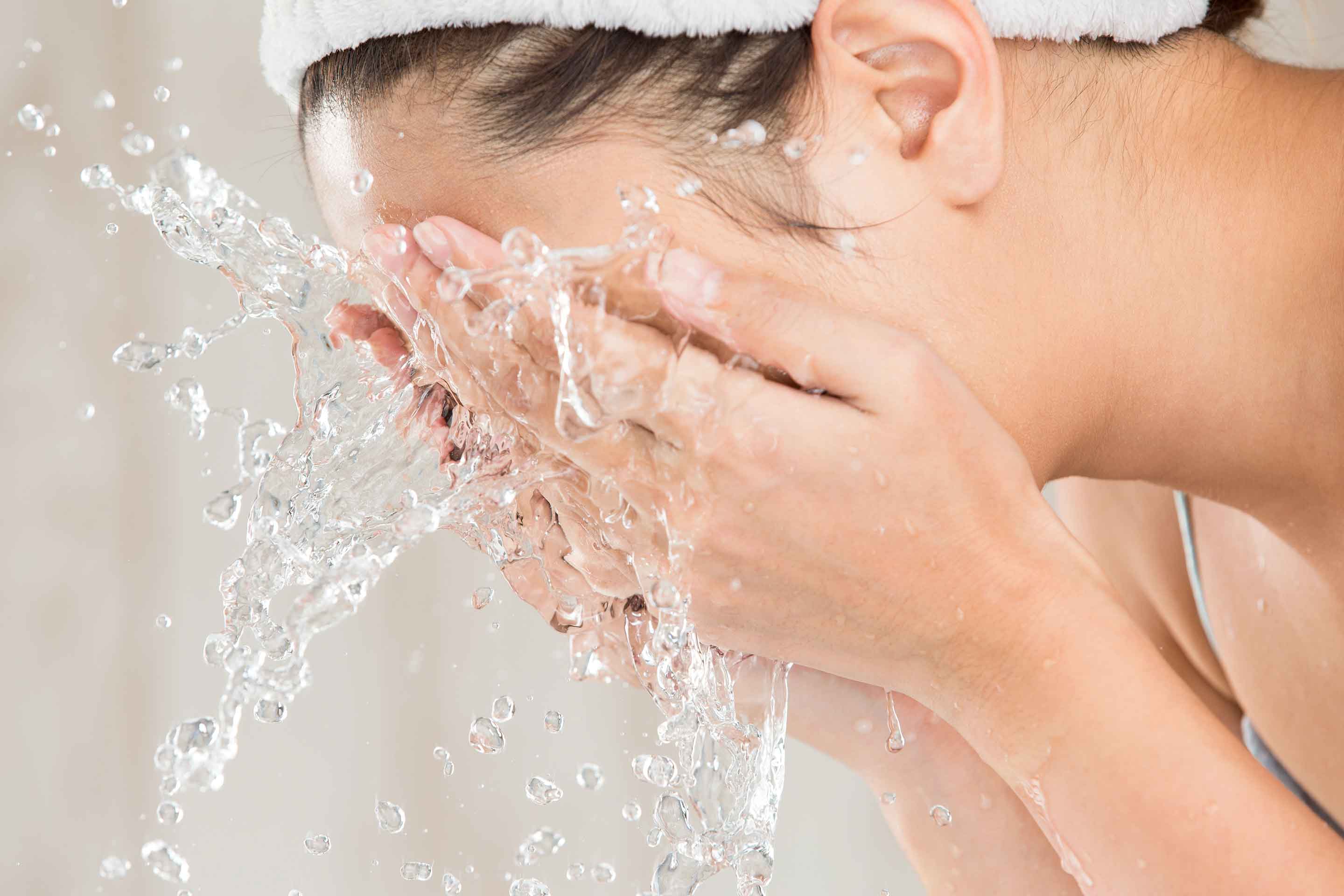
Derm School: How to wash your face correctly
Washing your face might seem simple, but you would be surprised how many people ask their Dermatologist for clarity on this. Here, Consultant Dermatologist Dr Ophelia Veraitch reveals everything you need to know about face washing…
- To wash your face properly first ensure your hands are clean.
- If you wear make-up you might need to remove it with a make-up remover or a cleanser with something like glycolic or salicylic acid that will properly remove all the makeup.
- Then, even if you're not wearing makeup it's still important to use a gentle cleanser in the morning and evening.
On the days you are wearing makeup
‘On the days I wear makeup (not every day) I will use a cleanser with glycolic or salicylic acid (which also helps with congestion and acne). Then in the morning and days I don't wear makeup I will just use a CeraVe gentle cleanser,’ explains Dr Ophelia Veraitch.
For the days I am doing shoots or wearing slightly heavier make up when going out, I will cleanse my skin afterwards with a salicylic acid containing cleanser. Salicylic acid is a beta hydroxy acid (BHA), meaning there is 2 carbon atoms between the hydroxy and acid component of the molecule. This property is what makes salicylic acid oil soluble. Therefore, I would recommend a salicylic acid containing cleanser for those who have oily skin, have acne or are wearing thicker oil based makeups that need to be removed.
On a day to day basis, when wearing light and water soluble makeups I recommend using a cleanser with glycolic acid. Glycolic acid is an alpha hydroxy acid (AHA) meaning there is 1 carbon atom between the hydroxy and acid component of the molecule. This property makes glycolic acid water soluble, and so ideal for removing the lighter and water soluble makeups.
In the mornings and on non make-up wearing days
I recommend using a gentle cleanser in the mornings and on non make-up days. For choice of cleanser, I like relatively basic brands such as CeraVe, Cetaphil, Cetraben, and the Simple brand from Boots.
For those who want slightly nicer formulated products, the Skinceuticals gentle cleanser is nice, and on days you wear makeup you can use their Skinceuticals Age and Blemish Control. This gives visible results by targeting oil production, cleansing, and exfoliating the skin, removing the bacteria, restoring a healthy skin barrier function and restoring a normal skin cycle.’
Should you use a washcloth?
'A washcloth is really useful for wiping all the residue of make up and cleanser off your face and more effective than just cleansing and rinsing,’ explains Dr Ophelia Veraitch. ‘It also provides some gentle exfoliation. To cleanse your face, gently massage your cleanser onto wet skin. Then take a clean and dry washcloth, wash it with warm water, careful not to have it too hot as this can damage skin, and wipe the cleanser and make up, ensuring you don't apply too much pressure to the skin's surface. Gently pat dry with a clean towel. I use a clean washcloth each day, and I recommend my patients to do the same.'
How often should you wash your face?
'You should wash your face every day, morning and evening, even if you're not wearing makeup. This is to help remove the build up of dirt and bacteria that can gather throughout the day from environmental factors such as pollen, make-up, and dirt from mobile phone contact and face touching, and at night from sweat, dribble and the pillow. By keeping the skin clean, you're reducing the likelihood of bacteria that can develop into acne and outbreaks.'
Is just water enough?
'Whilst you can just wash your face with water, for some people this can leave skin feeling tight and dry, particularly in many parts of the UK where the water is hard,’ explains Dr Ophelia Veraitch. ‘To combat this feeling of tightness, some recommend washing with mineral water. Otherwise, you can combat the alkaline tap water with a gentle cleanser that is slightly acidic and then applying an antioxidant such as vitamin C afterwards.’
‘It is important to remember that cleansers are just to wash the face. I never recommend investing in expensive cleansers. If you have skin concerns it's best to target this specifically with Day and Night Serums, together with good sun protection. No cleanser will improve your skin if you have a skin problem, if anything, the expensive (and often fragranced) cleansers can strip the skin and cause more problems than good.'
Should you use different cleansers for different skin?
'It's a good idea to look for cleansers with active ingredients targeted to your skin type. So, for example zinc oxide and salicylic acid can help clear acne. Zinc oxide can help soothe inflammation and absorb excess facial oil.
Salicylic acid is oil soluble and contains exfoliating and unblocking properties which make it ideal for treating skin that is showing signs of acne as well as clearing away debris and build up. It also removes excess sebum, or oil, making it good for unclogging skin.
Avoiding mineral oils, beeswax, and paraffin are key if you have oily skin because these compounds can clog your pores and trigger acne or make it worse. I also advise all of my patients (not just ones prone to getting acne/ congested skin) to avoid formulations that include fragrance and parabens as these commonly cause allergic or irritant reactions to the skin.'
Shop the full Dr. Ophelia skin and hair care range here
If you are suffering from a skin or hair condition and need support from an award-winning and highly respected Consultant Dermatologist, book an appointment today at Dr Veraitch's London Clinic
Shop Bestsellers


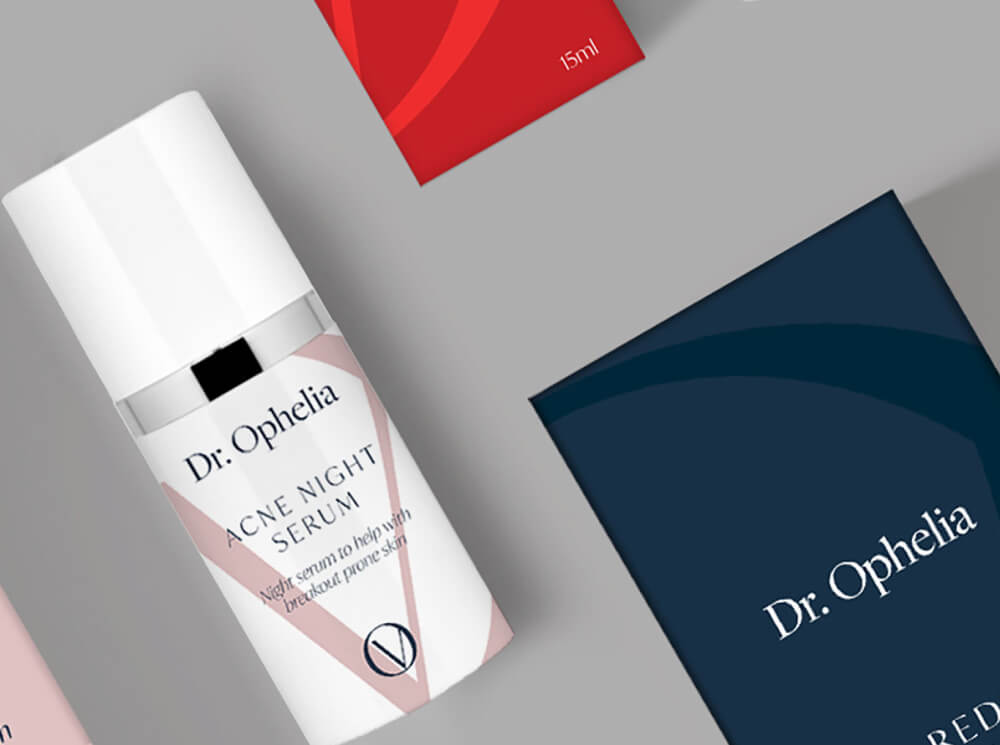
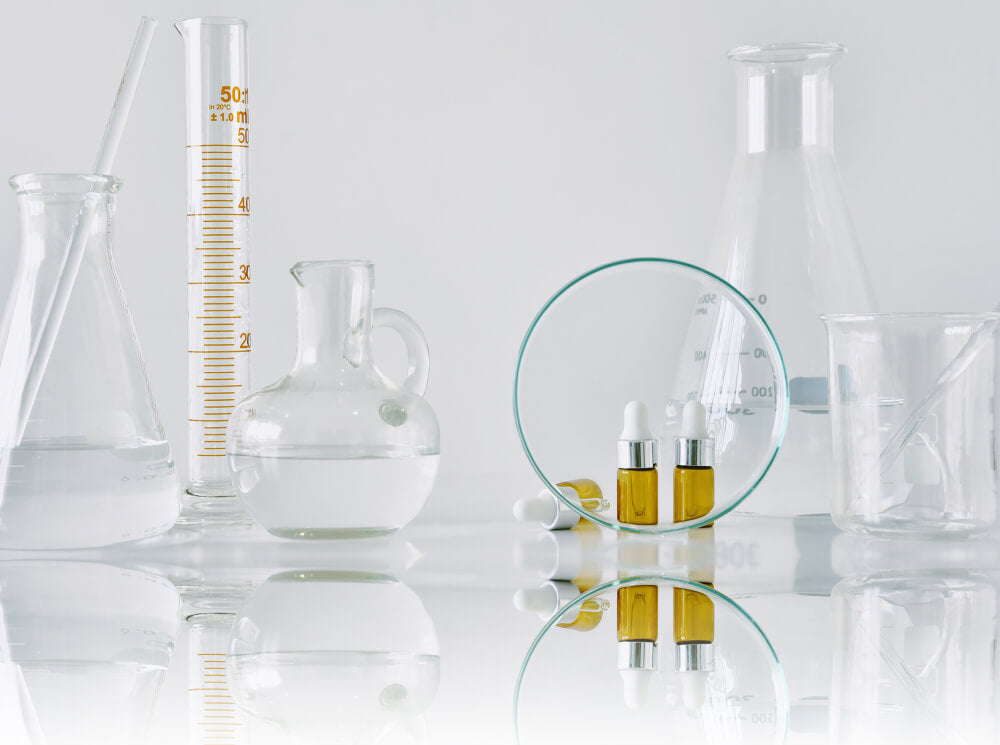
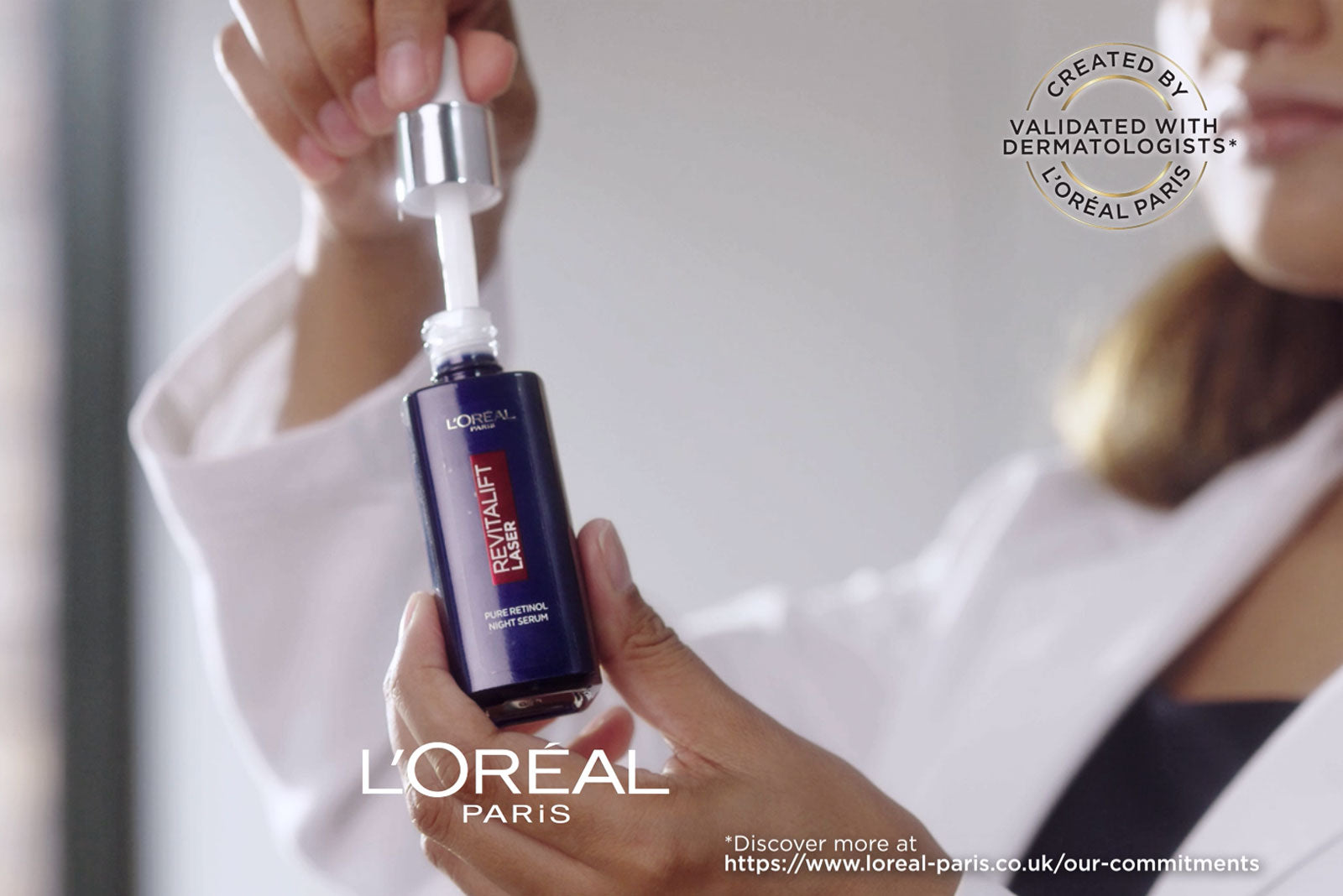

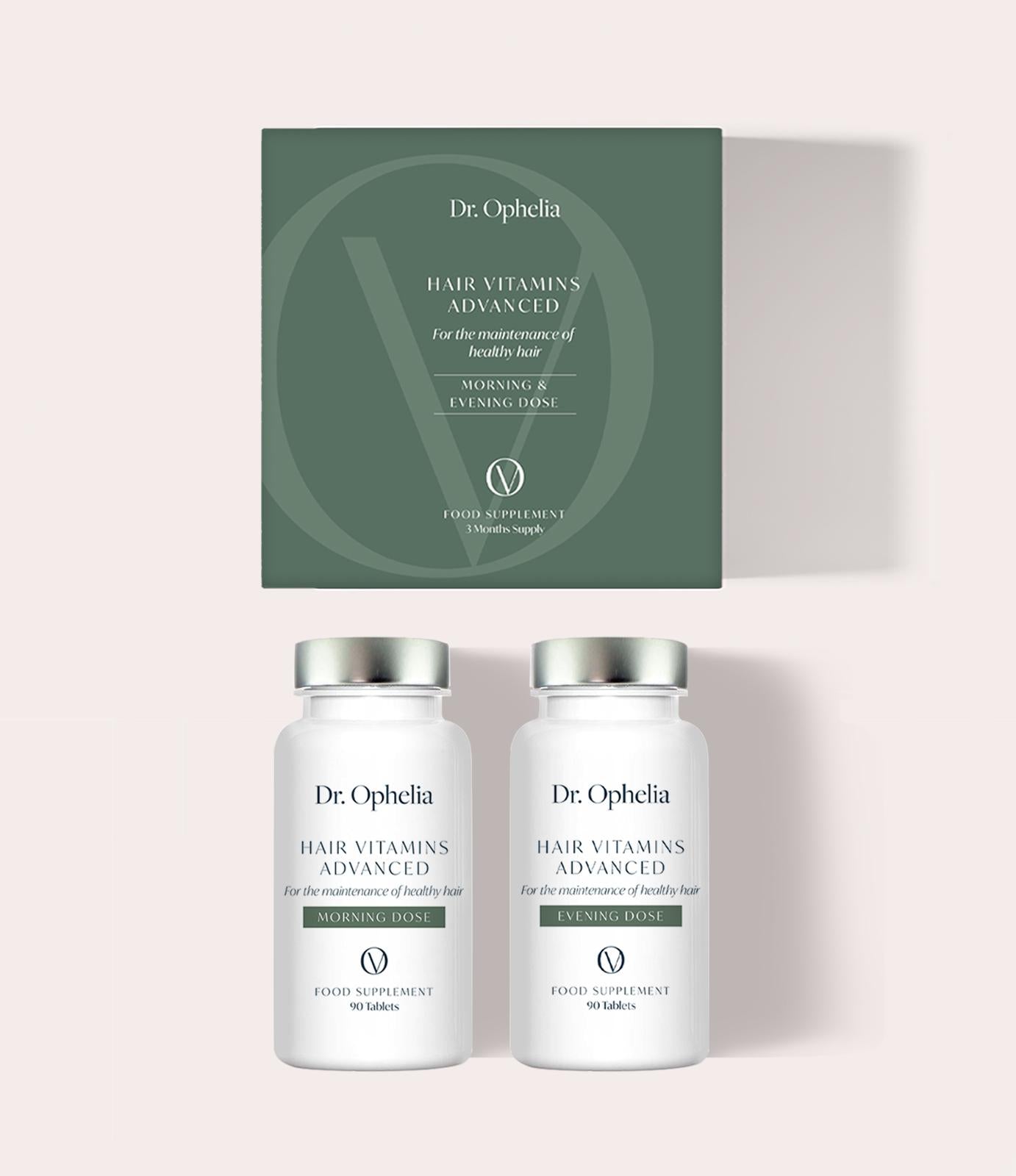
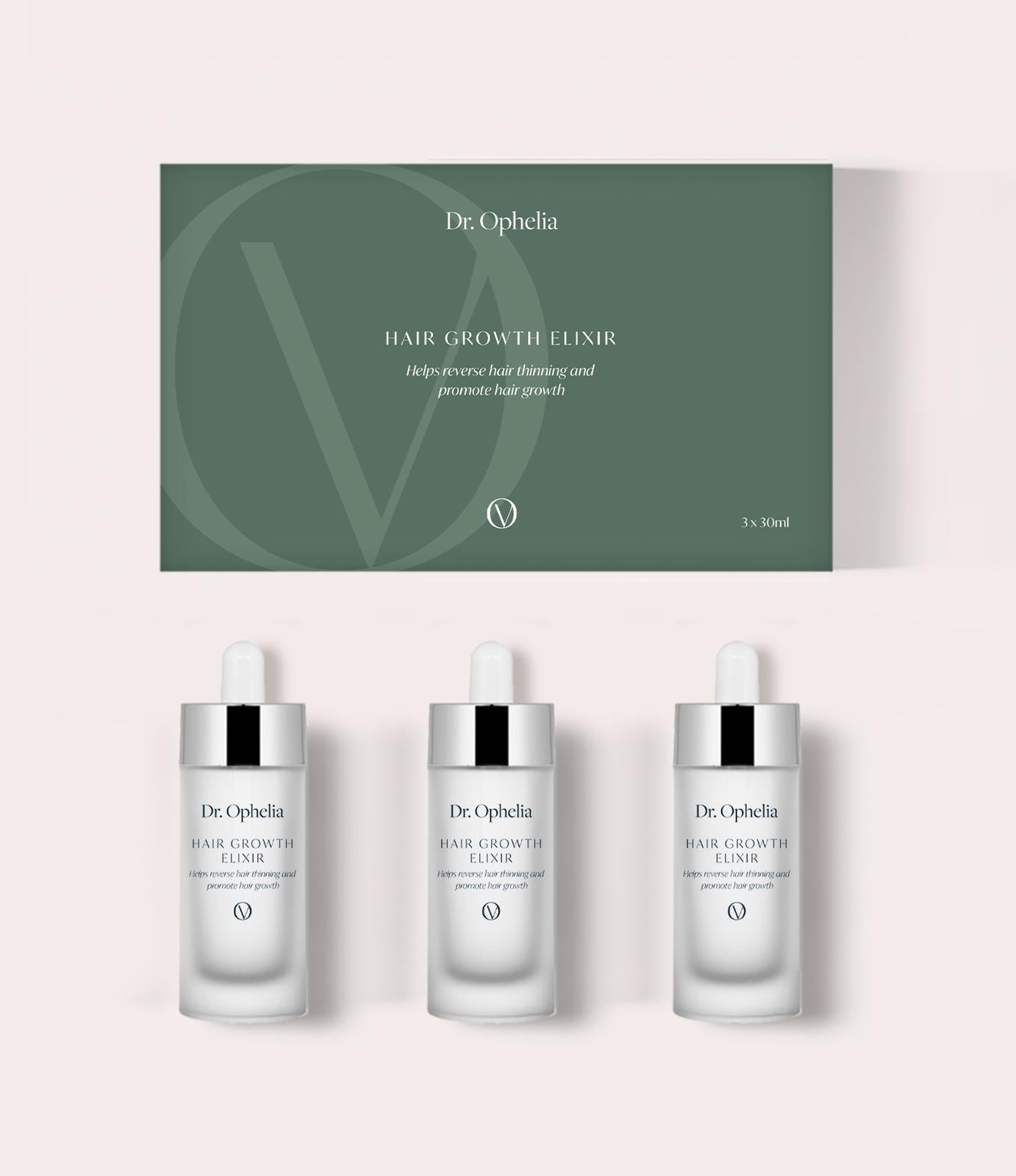
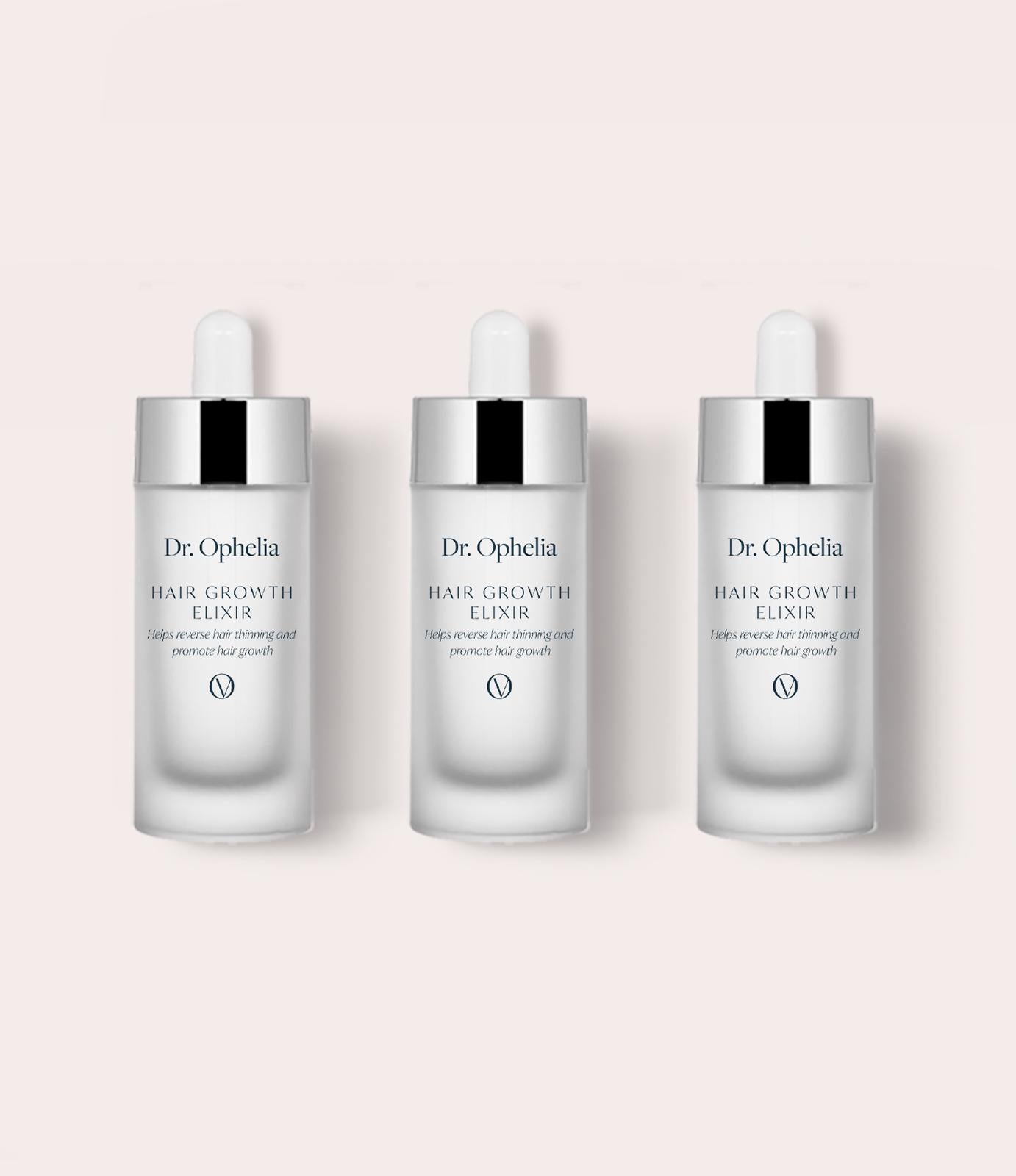
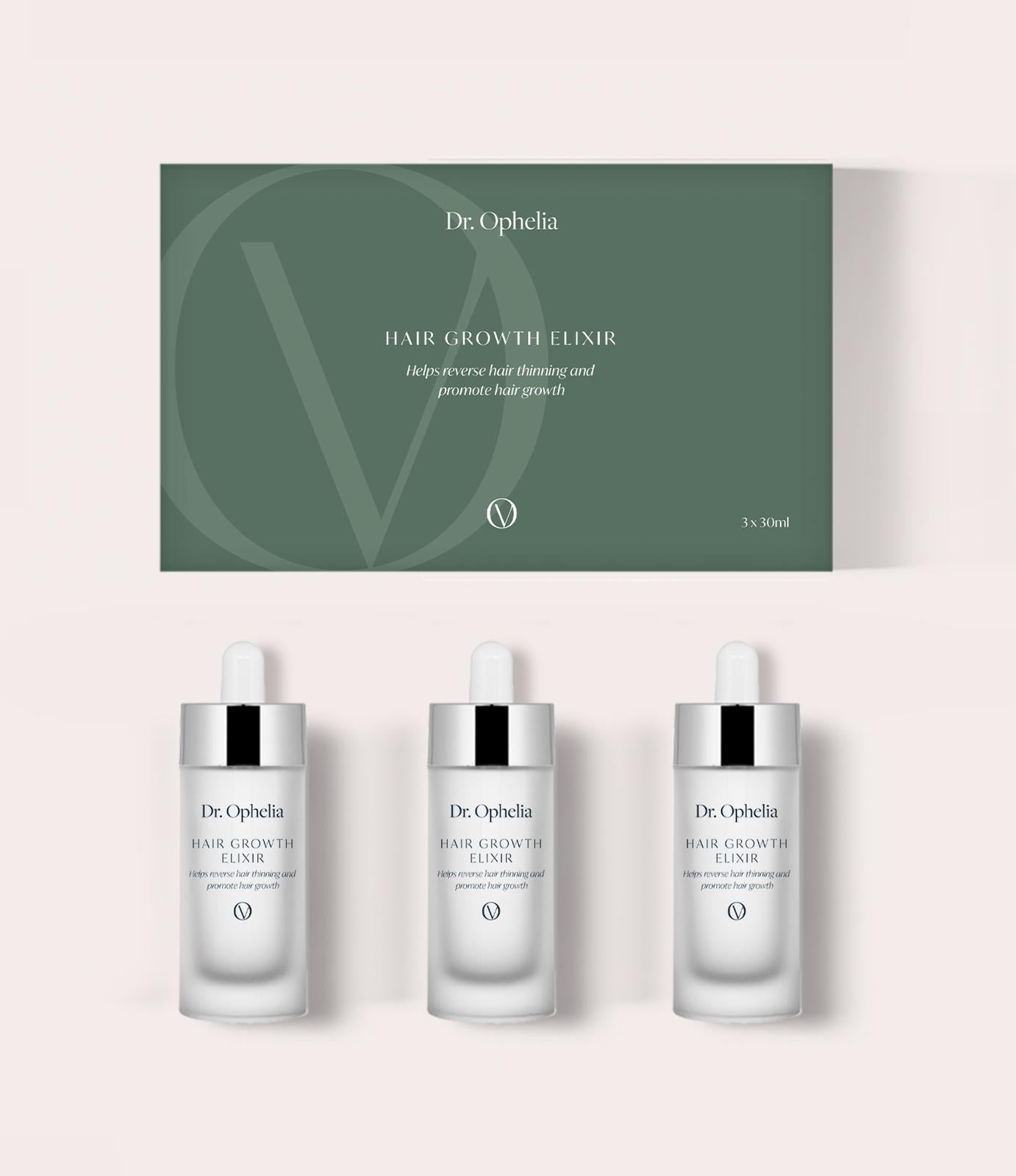
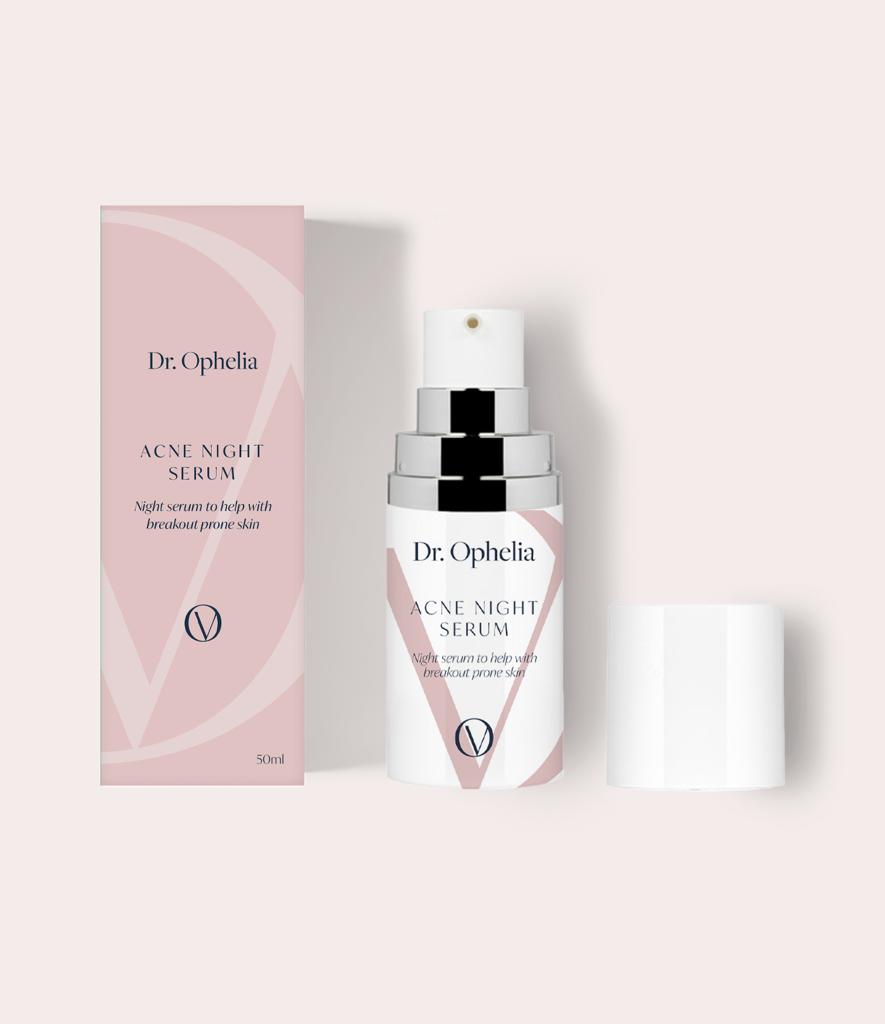
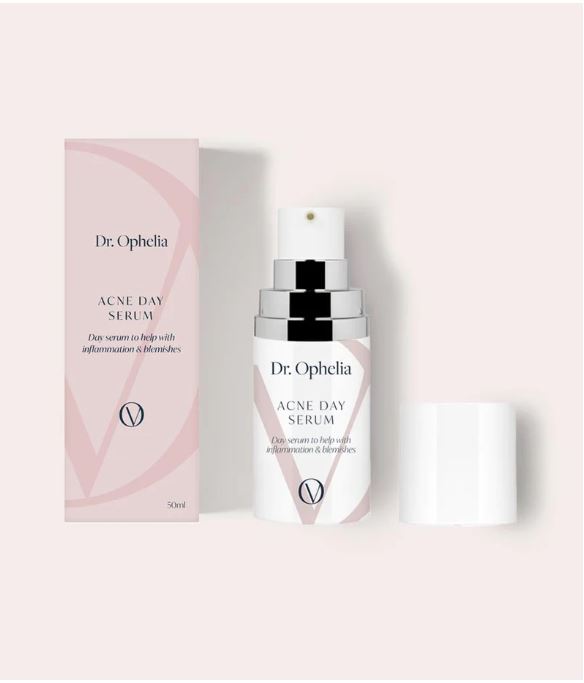
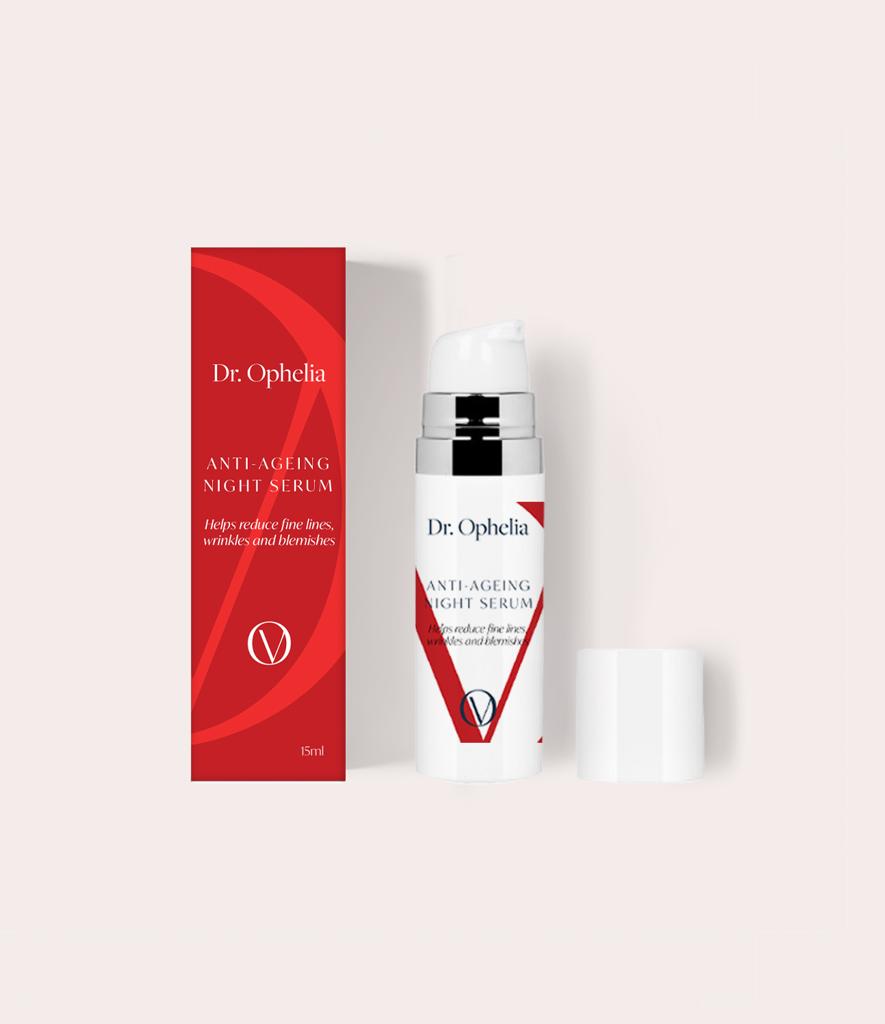
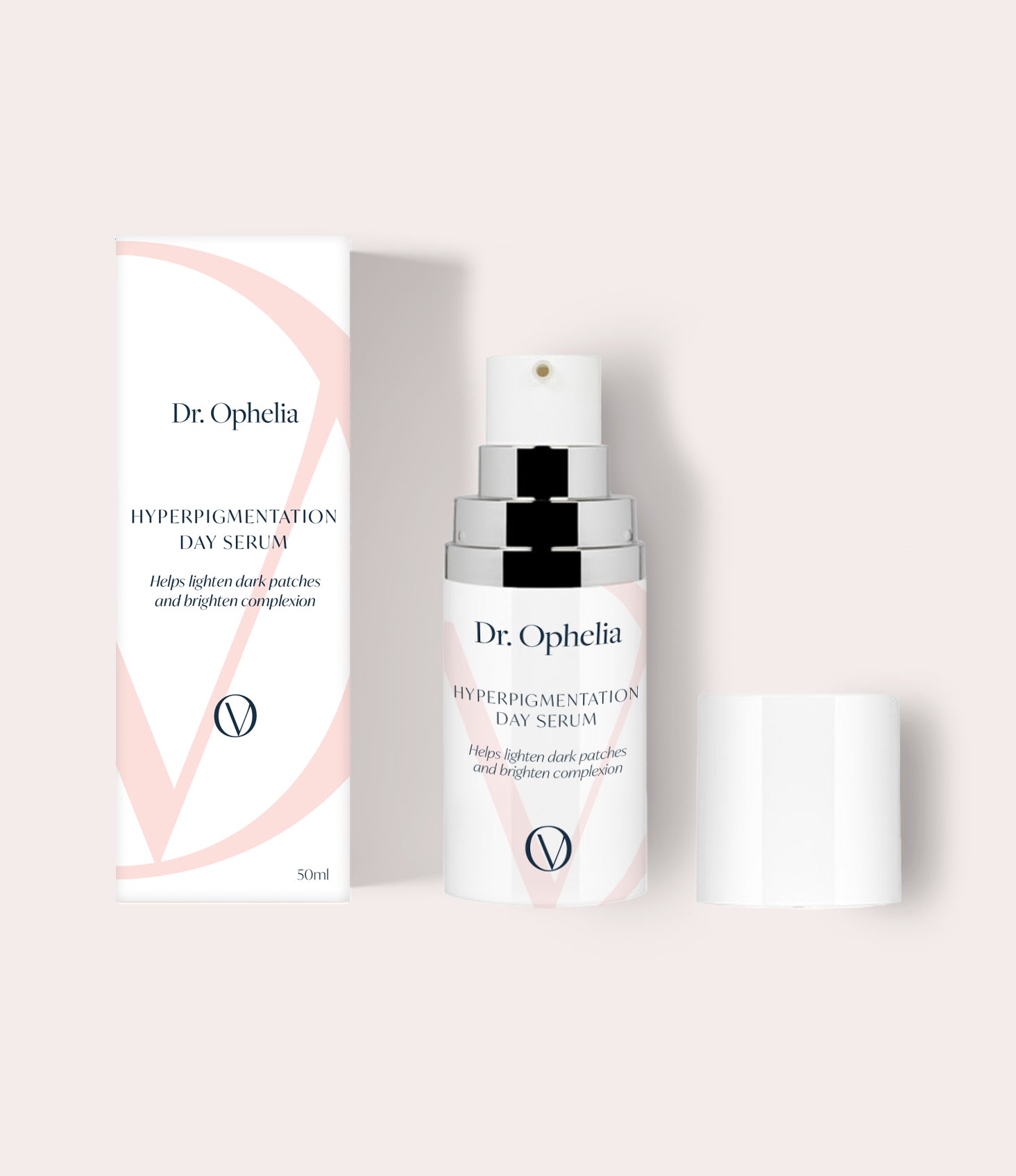
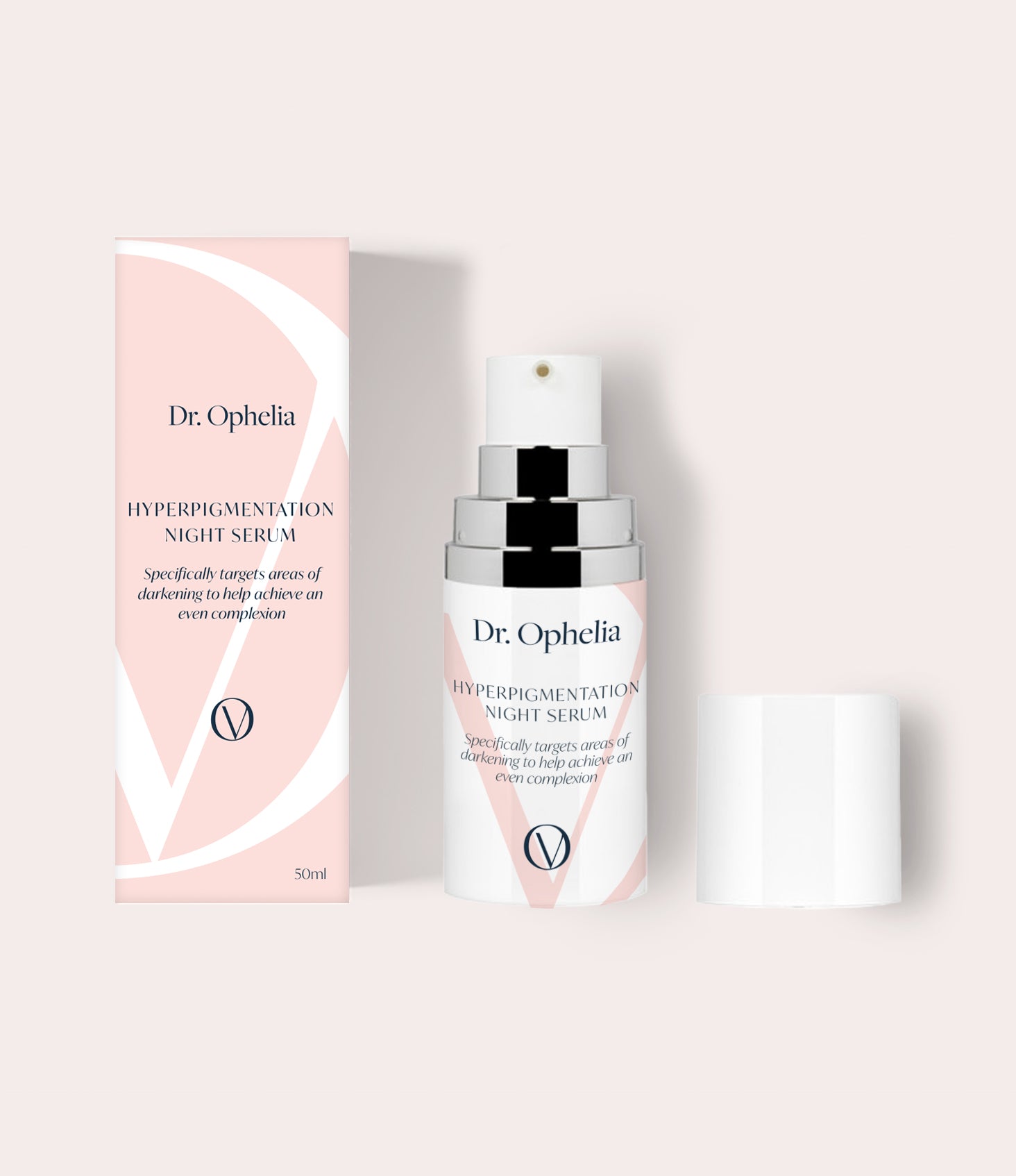
Leave a comment
This site is protected by hCaptcha and the hCaptcha Privacy Policy and Terms of Service apply.